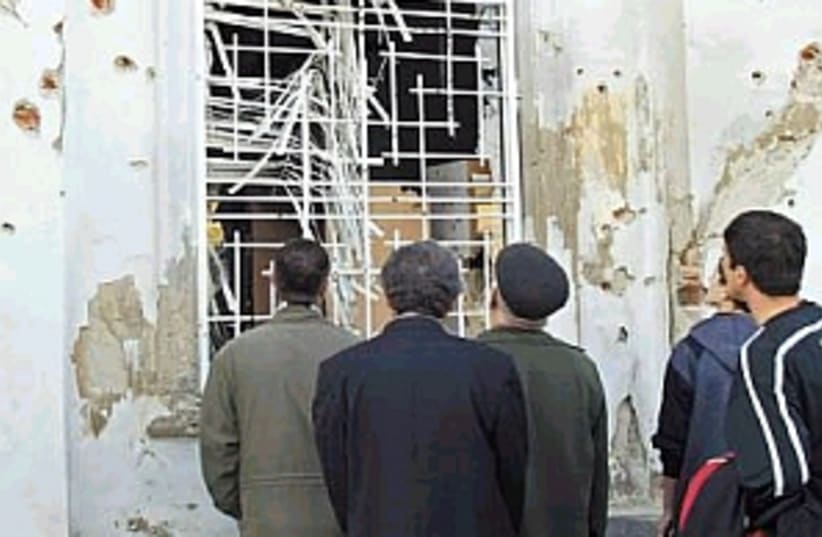| More about: | Jewish Agency for Israel, Nagorno-Karabakh, United States, South Ossetia |
Jews safe in Nalchik crisis, but US relatives worry about future
Jewish groups are keeping a watchful eye on the area and on how the events may impact local Jews.


| More about: | Jewish Agency for Israel, Nagorno-Karabakh, United States, South Ossetia |